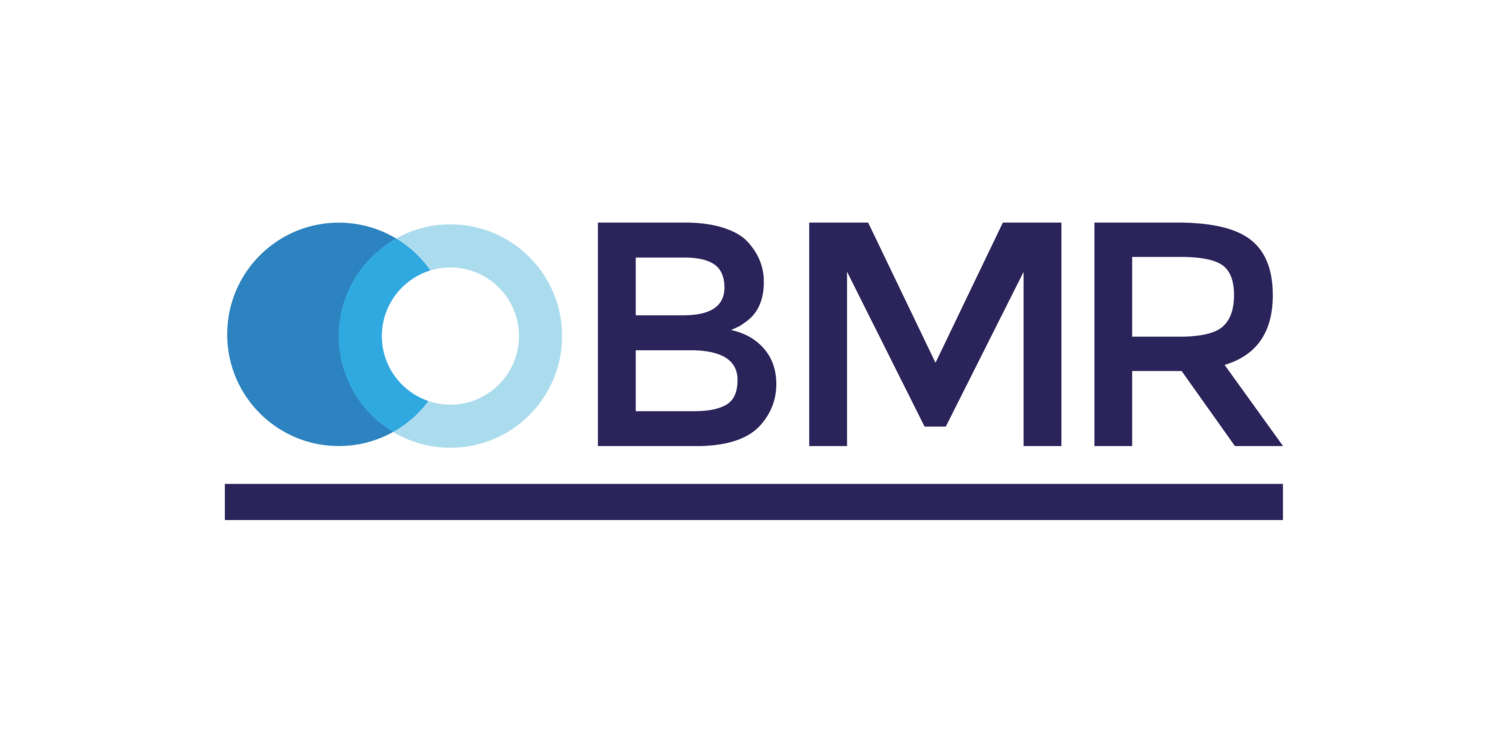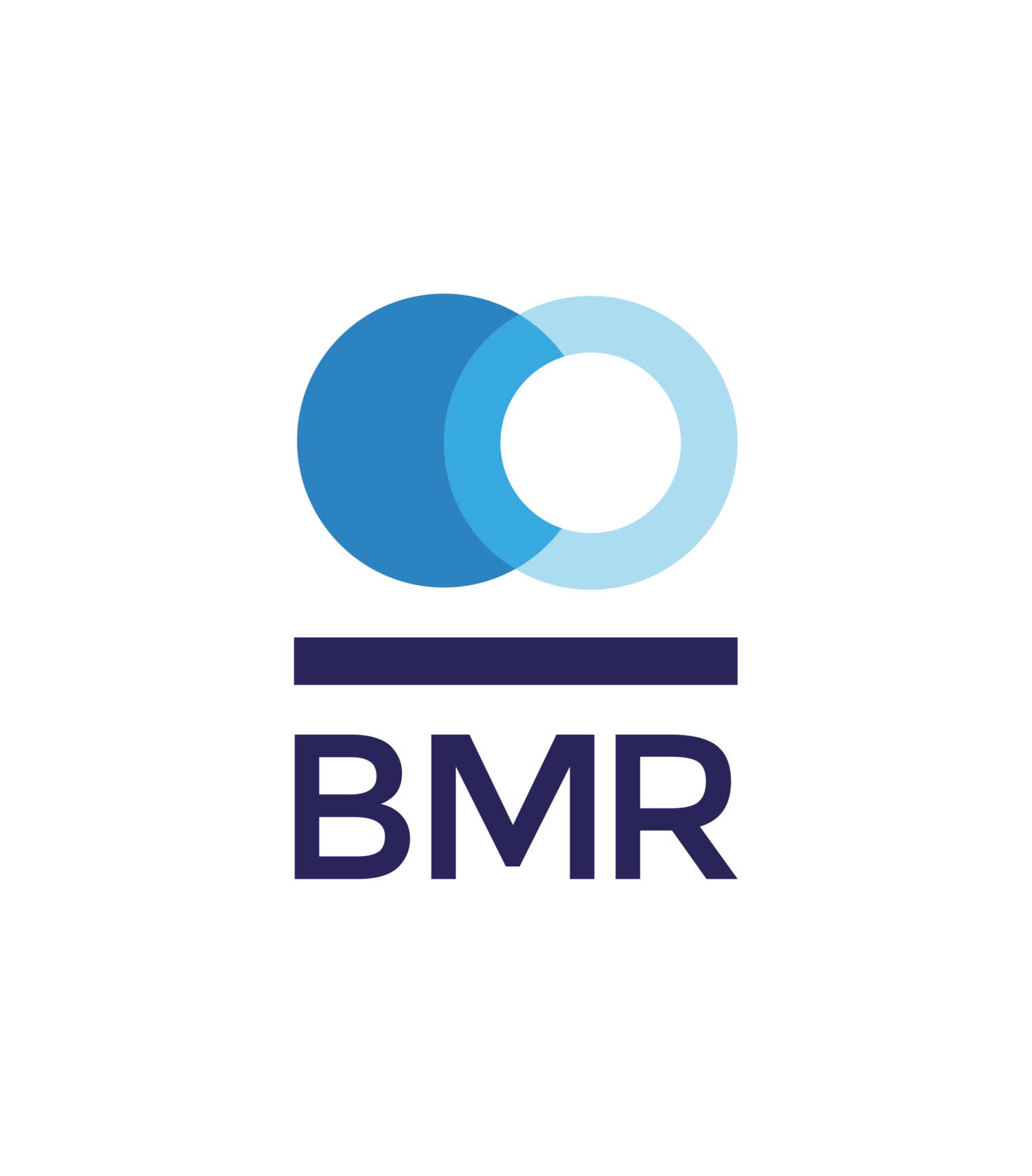E45: Management Development is Essential - With Derek Mowbray
Episode Summary
This week on the UK Psych Health & Safety podcast, Sheila Lord is joined by Derek Mowbray, Director at The Management Advisory Service (MAS), and a charted psychologist who is passionate about building and sustaining positive work cultures.
They are discussing how leaders and managers can build and sustain cultures and exhibit behaviours that lead to trust, commitment and engagement, and as a consequence produce high-level performance in individuals and their organisations.
Key Highlights
[02.28] Background – Derek dives us into how he started his career as an assistant clinical psychologist and what made him focus on the area of leaders and the impact of leaders in organisations.
[07.44] Prevention of stress – Derek shares what causes stress in the workplace and what kind of strategies an organisation can do to get rid of it.
[12.55] The manager as a leader – The workforce is in perfect order; knowing where it’s going and knowing how to get there are the things that managers need to ensure as a leader.
[18.27] Key triggers – The principle of sharing responsibility for future success among the entire workforce, which is difficult to achieve, is one of the key triggers of a framework that Derek has built to help organisations to transform leaders.
[26.38] Trends – Derek dives into two sides of the hybrid working culture at present in organisations.
[32.53] Working collaboratively – Leaders need to get rid of potential adversities and listen to employees about anything they have to talk about can lead to great success in any organisation, says Derek.
[37.06] ISO 45,003 framework – A document that gives guidelines to manage psychological risks within an organisation and enables the prevention of any kind of work-related injuries or illnesses of the employees to build wellbeing at the workplace.
Resources
https://www.linkedin.com/in/professorderekmowbray/?originalSubdomain=uk
https://twitter.com/derek_mowbray
Quotes
‘’ The thing about leaders and leadership is that they deal with uncertainty. Strategies are uncertain. Directions of travel for organizations are uncertain. And the biggest uncertainty factor is the workforce’’.
‘’That’s critical in the role of the leaders to ensure that their workforce is in perfect working order, knows where it’s going, and knows how to get there’’.
‘’ ‘’We need to shift the ask to have people who take the lead to think that every single human being that works in that organization is of equal value to themselves to the success of the organization. And to try and encourage each leader to understand that the combined intelligence of that workforce is far greater than the combined intelligence of its leaders’’.

